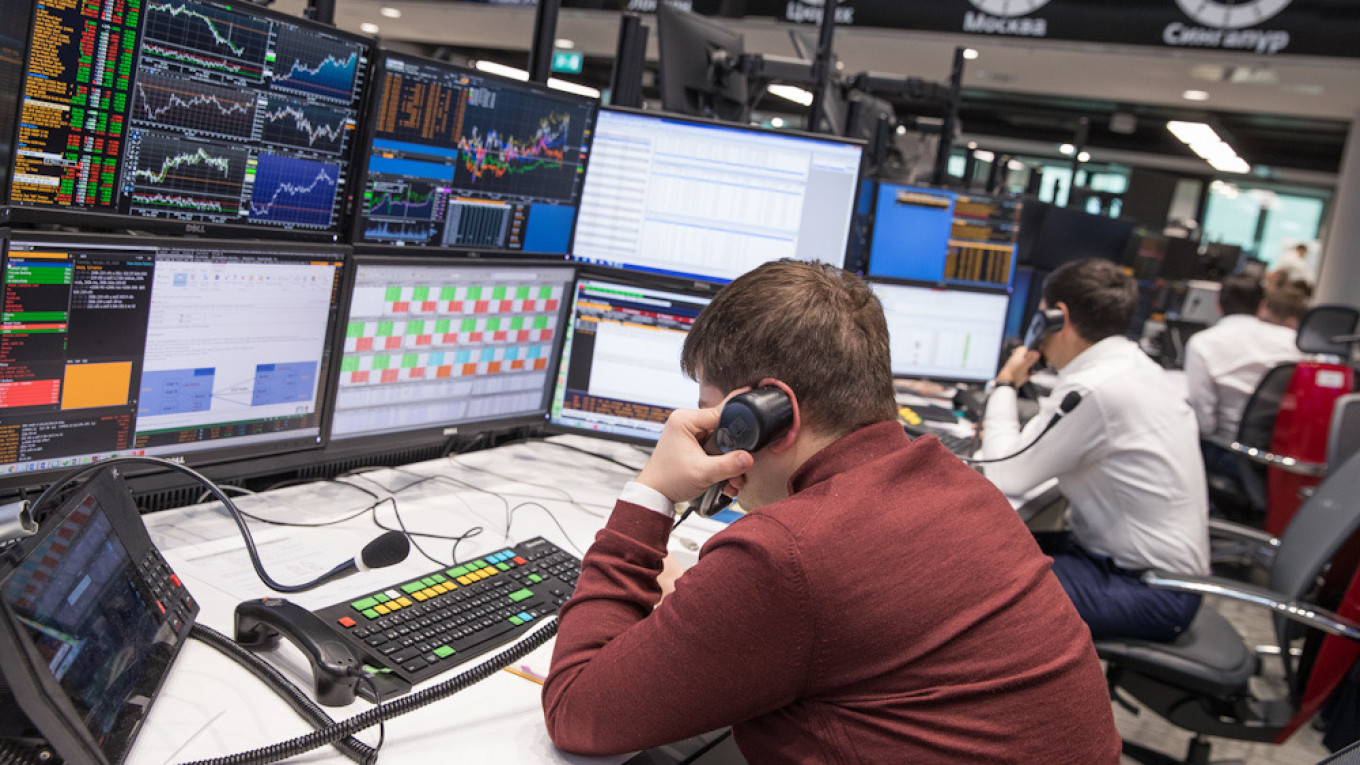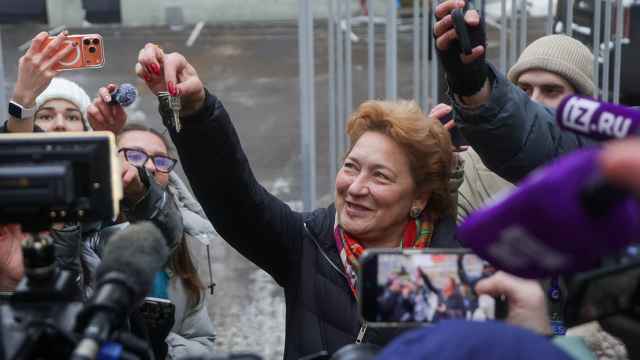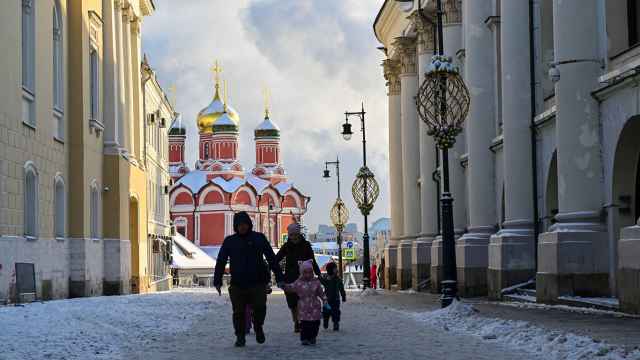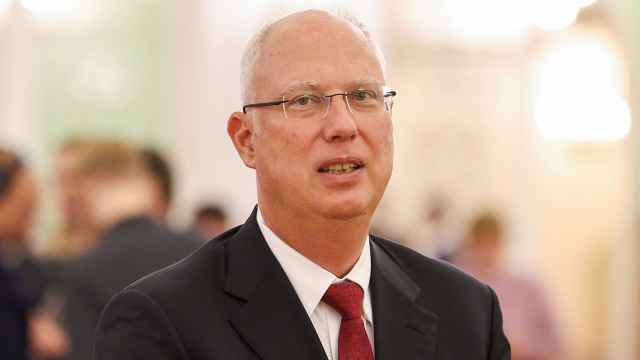European companies in Russia are more optimistic about their business prospects than at any point since 2012, according to an Association of European Businesses (AEB) survey.
International firms reported a much stronger-than-expected start to the year for their Russian operations, helped by the Kremlin’s decision not to impose a second lockdown but instead prioritize the economy.
The Russian economy recently reported its first period of growth since the start of the pandemic, and the Central Bank expects GDP will hit its pre-coronavirus levels before the end of the year.
AEB’s confidence index — a barometer of the corporate mood among its members, compiled by polling outfit GfK — reached its highest reading in almost a decade, setting a new post-Crimea record.
“Despite the fact that the global economic crisis provoked by the coronavirus pandemic is not over yet, the 2021 index showed a record jump into the area of positive expectations, which we consider to be a very encouraging sign,” AEB head Tadzio Schilling said in a statement.
Nevertheless, firms continued to report significant challenges to operating in Russia and confidence remains significantly below that registered in the years before Russia’s 2014 annexation of Crimea and the imposition of Western sanctions against Moscow.
More than eight in 10 businesses said Russian regulations were a significant hindrance to their operations — the highest level ever recorded. Some 85% said they were concerned about the volatility of the ruble, which dropped 20% last year amid a temporary crash in oil prices and a surge in tensions between Russia and the West following the poisoning attack and eventual imprisonment of Kremlin critic Alexei Navalny.
Three in four said Western sanctions against Russia were having a direct negative impact on their business.
European businesses also reported being largely left out of Russia’s anti-pandemic support measures, despite lobbying by Schilling to secure a “level-playing field” for foreign companies. Only 9% had received any emergency support from the government, the AEB found, compared to the more than 60% of large Russian firms which accessed government schemes throughout the pandemic, according to Russia’s largest business lobby.
A Message from The Moscow Times:
Dear readers,
We are facing unprecedented challenges. Russia's Prosecutor General's Office has designated The Moscow Times as an "undesirable" organization, criminalizing our work and putting our staff at risk of prosecution. This follows our earlier unjust labeling as a "foreign agent."
These actions are direct attempts to silence independent journalism in Russia. The authorities claim our work "discredits the decisions of the Russian leadership." We see things differently: we strive to provide accurate, unbiased reporting on Russia.
We, the journalists of The Moscow Times, refuse to be silenced. But to continue our work, we need your help.
Your support, no matter how small, makes a world of difference. If you can, please support us monthly starting from just $2. It's quick to set up, and every contribution makes a significant impact.
By supporting The Moscow Times, you're defending open, independent journalism in the face of repression. Thank you for standing with us.
Remind me later.






